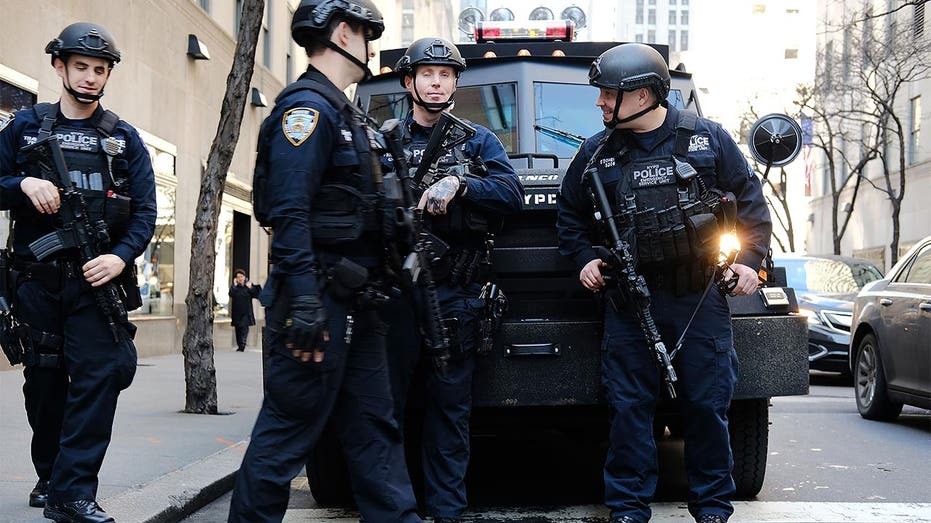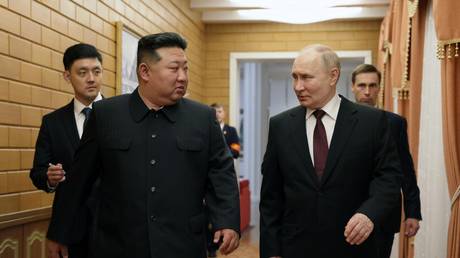Hegseth on reported overweight reserve troops: 'Completely unacceptable'
Secretary of Defense Pete Hegseth sounded the alarm over the readiness of reserve troops after a study found that more than two-thirds of Guard and Reserve service members are overweight. “Completely unacceptable. This is what happens when standards are IGNORED — and this is what we are changing. REAL fitness & weight standards are here,”...

Secretary of Defense Pete Hegseth sounded the alarm over the readiness of reserve troops after a study found that more than two-thirds of Guard and Reserve service members are overweight.
“Completely unacceptable. This is what happens when standards are IGNORED — and this is what we are changing. REAL fitness & weight standards are here,” Hegseth said in a Friday morning post on social platform X. “We will be FIT, not FAT.”
Hegseth’s reaction came as the American Security Project study, released Thursday, found that the number of reserve component personnel who are overweight or have obesity is at 68 percent.
Some 65 percent of reserve component personnel were overweight or had obesity based on data from 2018.
“Obesity and its associated conditions, many of which may prevent or delay deployment, play a major role in limiting reserve component readiness. Obesity is strongly associated with numerous conditions within the top five disease categories driving reserve medical encounters and hospital bed days,” the researchers wrote in the 22-page study.
Obesity and being overweight are the main disqualifiers of applicants and one of the key influences of early separation in the National Guard and Reserve, according to the study.
Obesity is more prevalent among men than women. Among the reserve component, obesity rates are the highest in the Army National Guard at 20.6 percent. The lowest is in the Marine Corps Reserve at 7.3 percent, the study showed.
“As most National Guard and reserve personnel serve part-time, there are a number of unique logistical and lifestyle challenges to consider when crafting policy to prevent and treat obesity in the reserve component,” researchers wrote in the study.
Hegseth’s remarks about the study are similar to his address at the Army War College earlier this week, where he emphasized to students that they need to be “fit not fat, sharp not shabby.”
“To be lethal, you have to trust that the warrior alongside you in battle or the troops fighting in the unit that many of you will lead are capable, truly physically capable of doing what is necessary under fire. You need to be fit not fat, sharp not shabby. Especially our leaders,” Hegseth said Wednesday.
The Defense secretary added that the Department of Defense is reviewing how the Pentagon has maintained standards before, particularly in the last four years, and “whether those standards have dropped formally or informally.”









































































